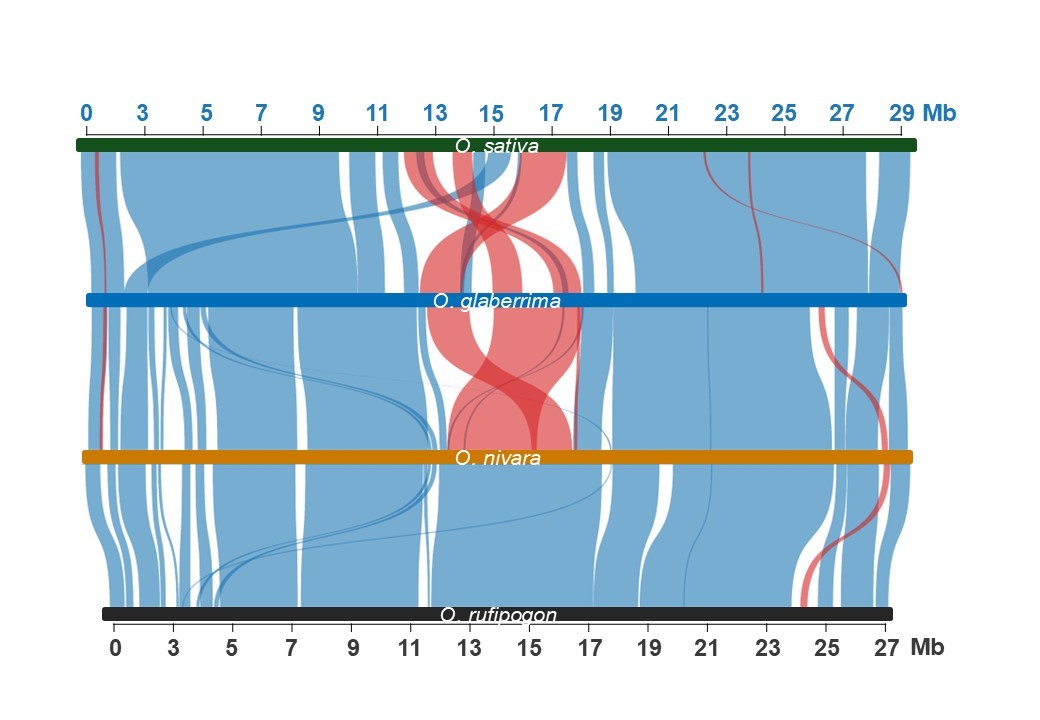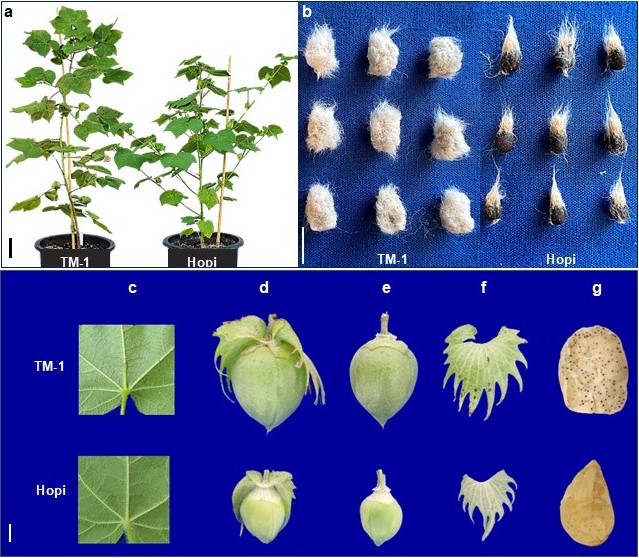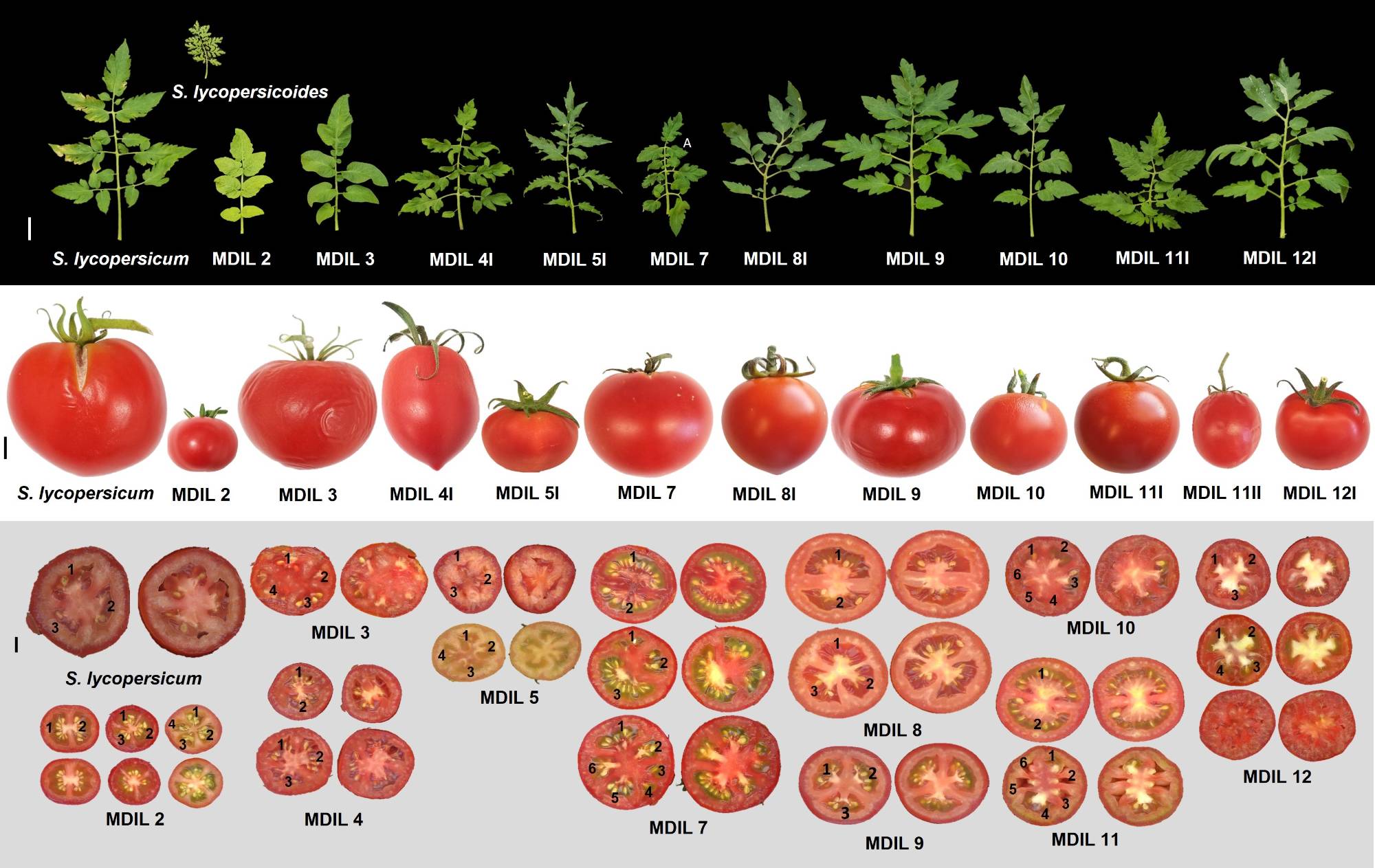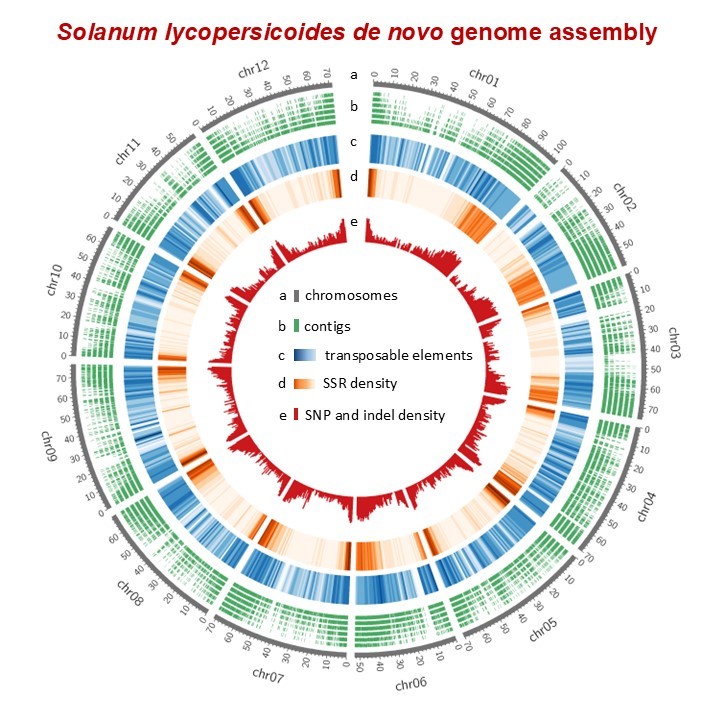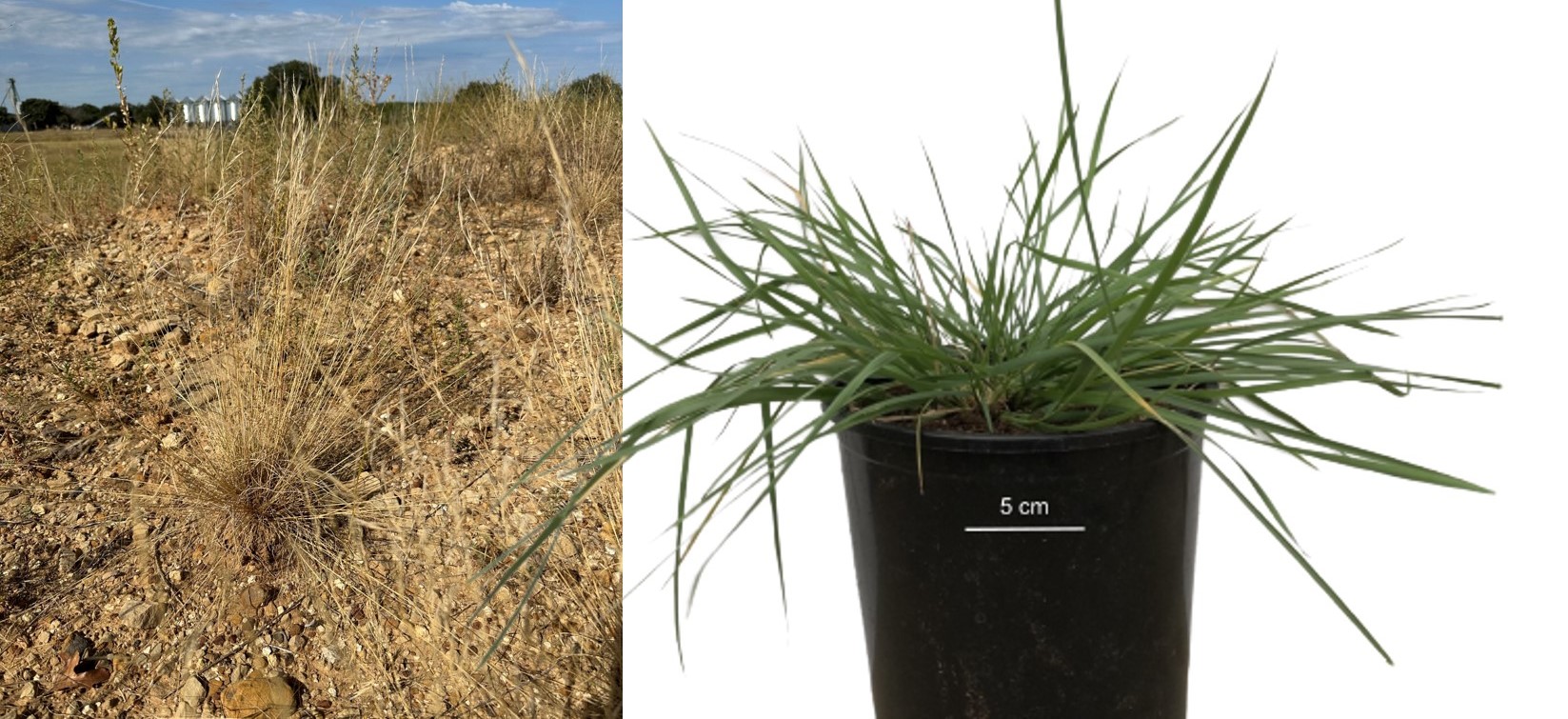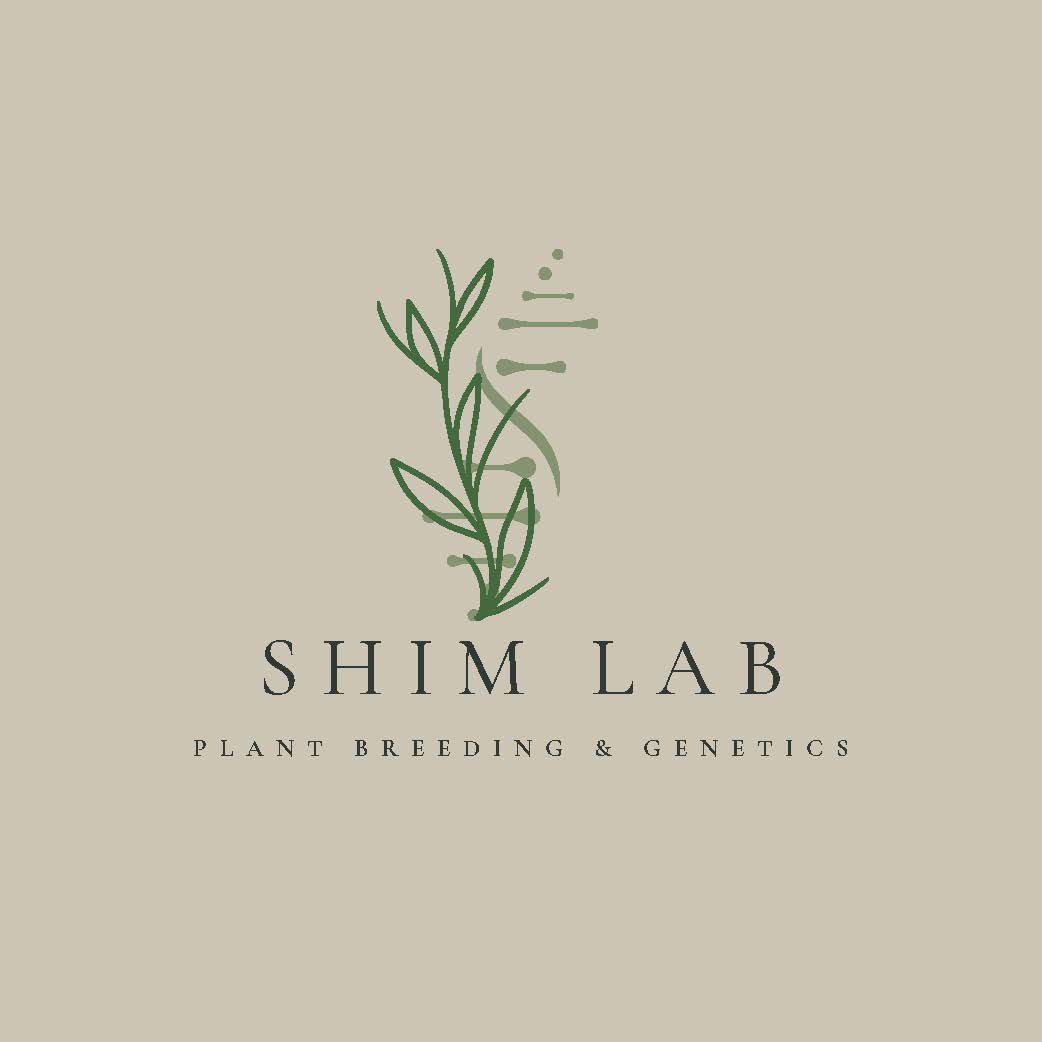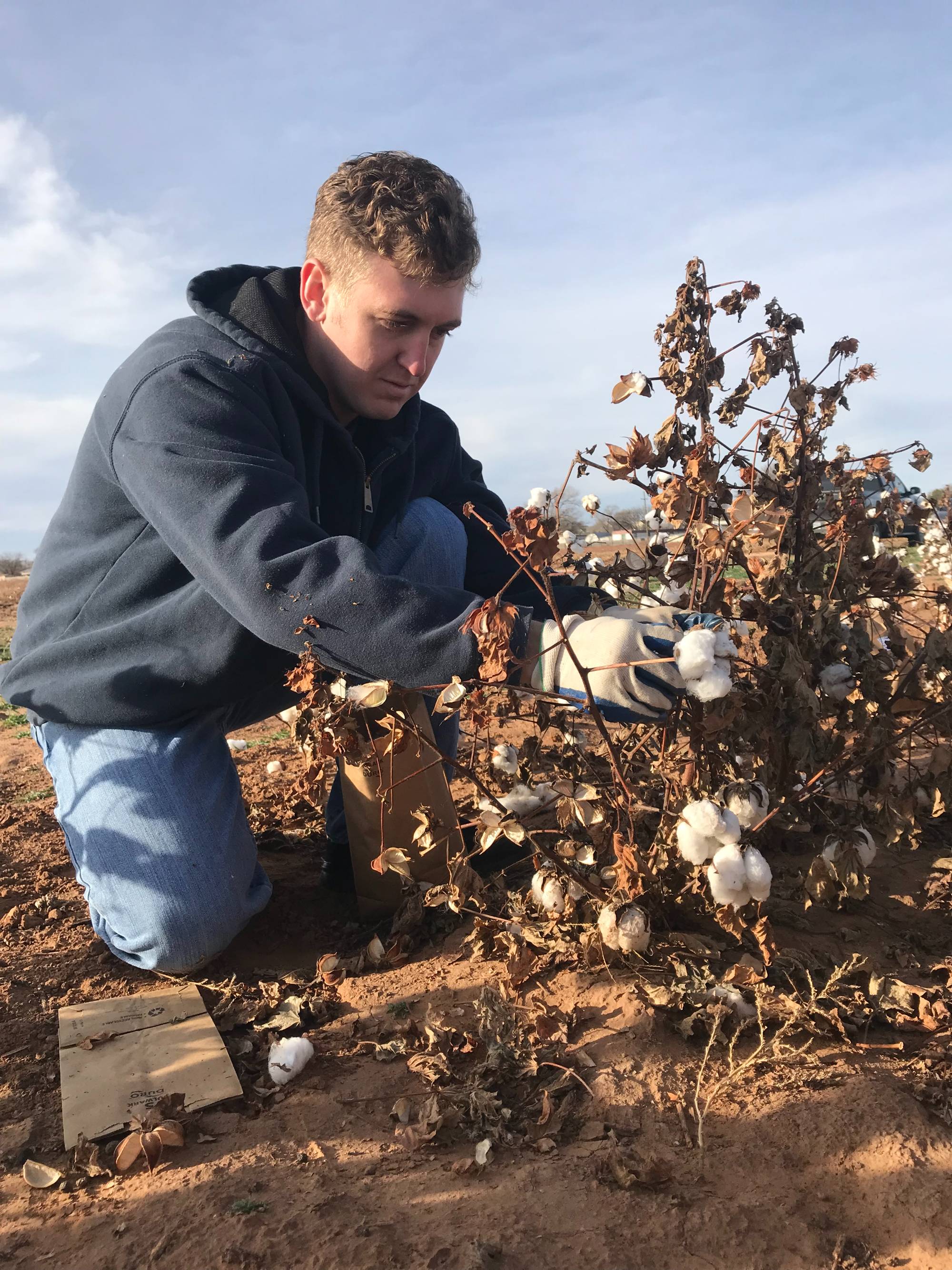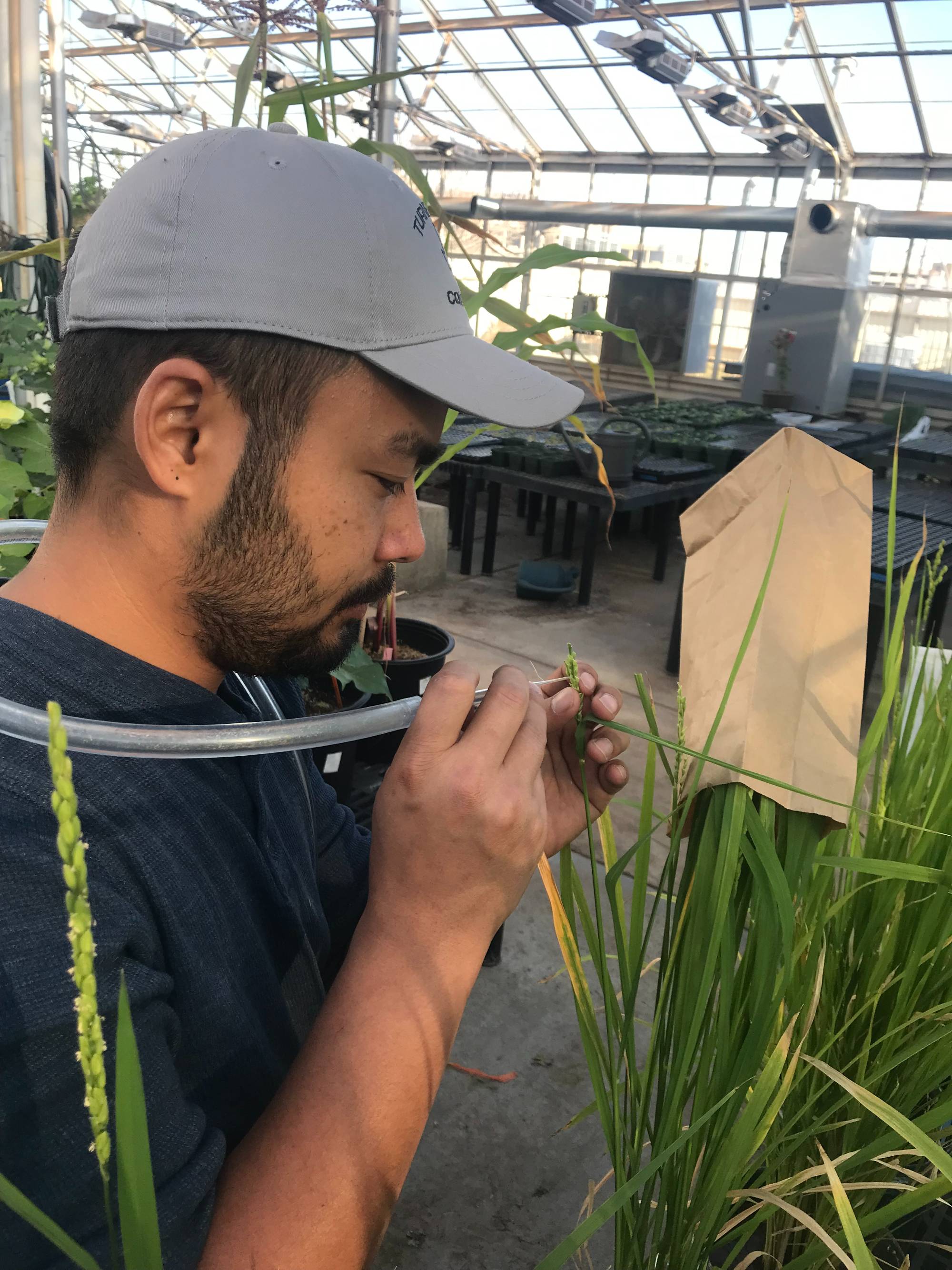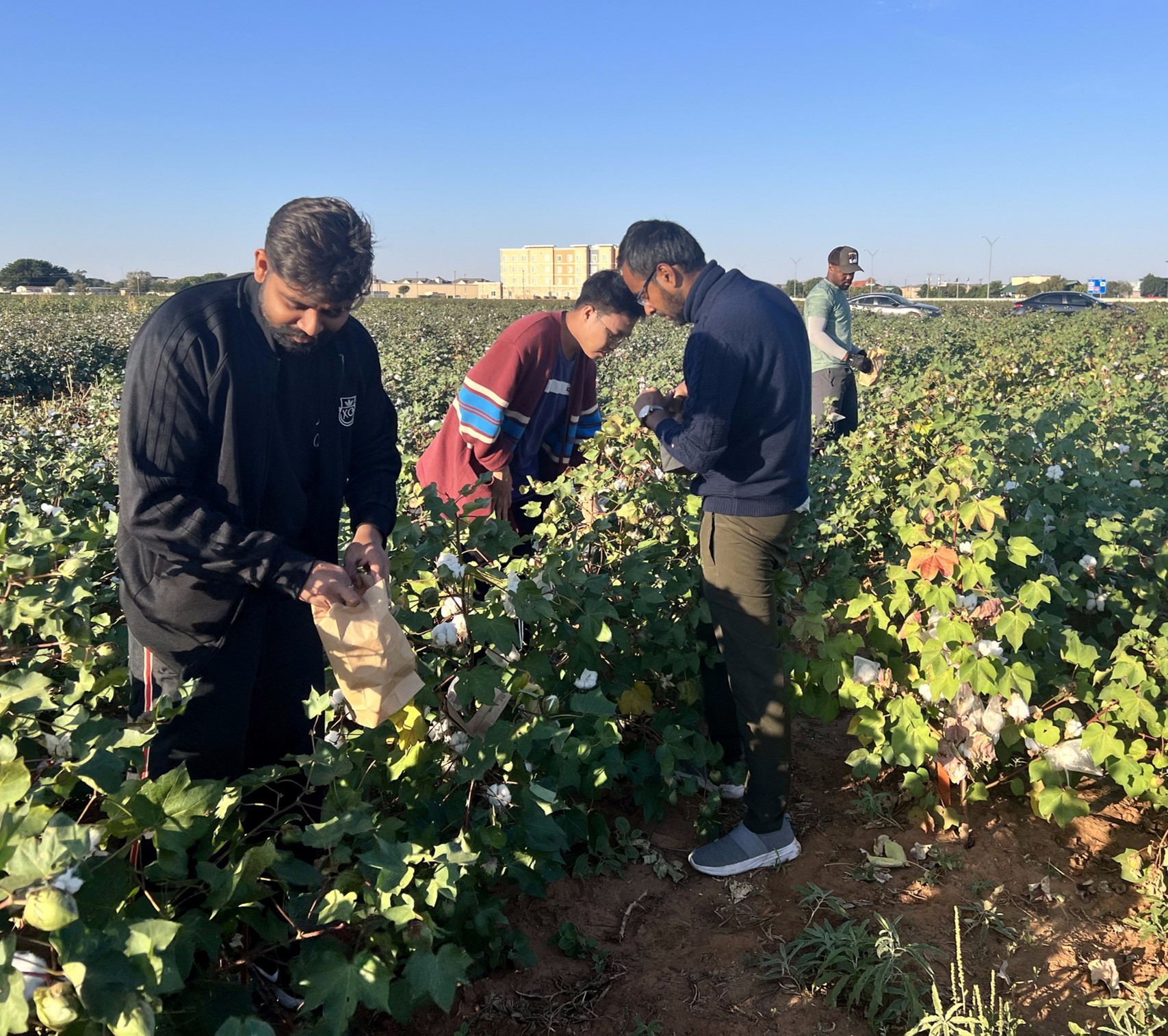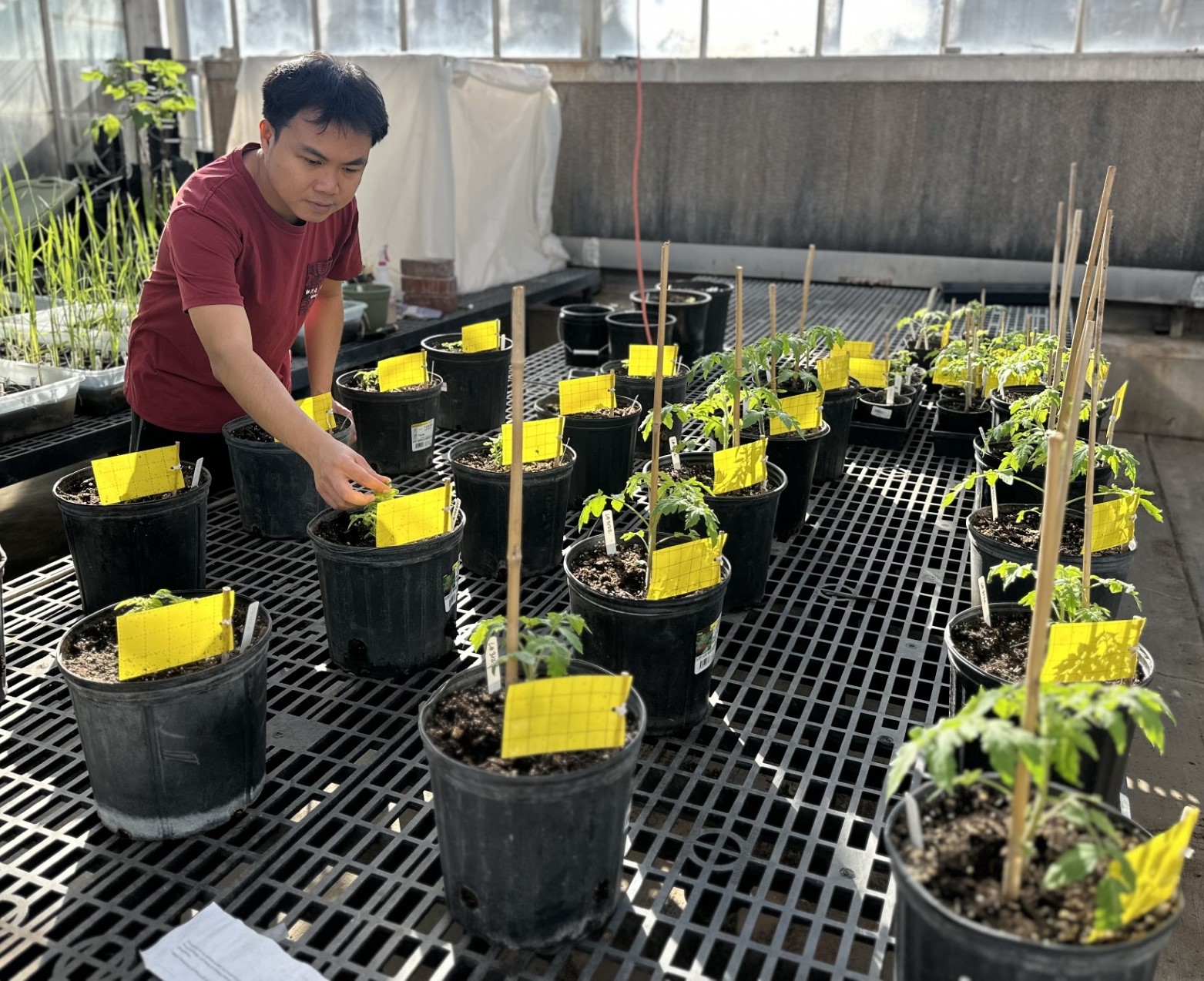Our Research
Domestication coupled with contemporary breeding practices that placed an overriding emphasis on a few agronomic traits have significantly narrowed the germplasm base of crops. This genetic uniformity makes them vulnerable to a multitude of abiotic and biotic stresses. To ensure the sustainability of crop production systems, we must expand the existing genetic base of crops by re-introducing novel variations from diverse genetic resources. In the Laboratory of Plant Breeding and Genetics, our research focuses on answering fundamental and applied questions directed towards exploiting the genetic potential of distant crop relatives in precision breeding using genetics and omics-based tools.
Wild crop relatives, landraces and mutant lines are important sources of novel genetic
variation that can expand, enrich and revitalize the existing genetic base of crops.
The purposeful utilization of these germplasm in re-introducing or creating novel
variations is vital to our collective efforts to engineer a new generation of crops
with enhanced resilience to steadily declining agro-environments, as well as durable
resistance to new biotypes of pests and diseases.
Using tools and strategies that are based on classical principles of genetics, combined
with integrative, systems-wide approaches, we take a deep dive into the nature, extent
and molecular underpinnings of genetic variation present in exotic and mutant germplasm
of important agronomic crops such as rice, cotton, tomato and other orphan crops.
Unlocking the basis of genetic variation is a prerequisite to harnessing its potential
in breeding for optimum productivity under a wide range of agricultural environments.
Success in these undertakings will have serious implications in our ability to create
more sustainable crop production systems towards ensuring food security for billions
of people across the globe.


